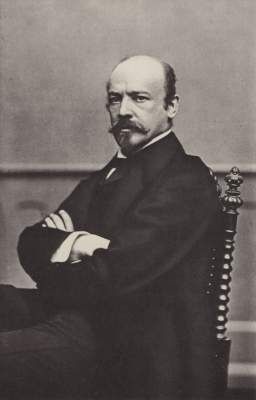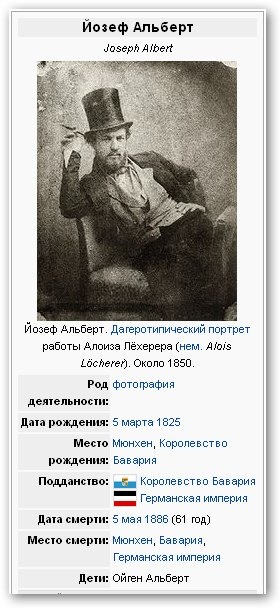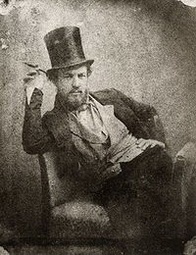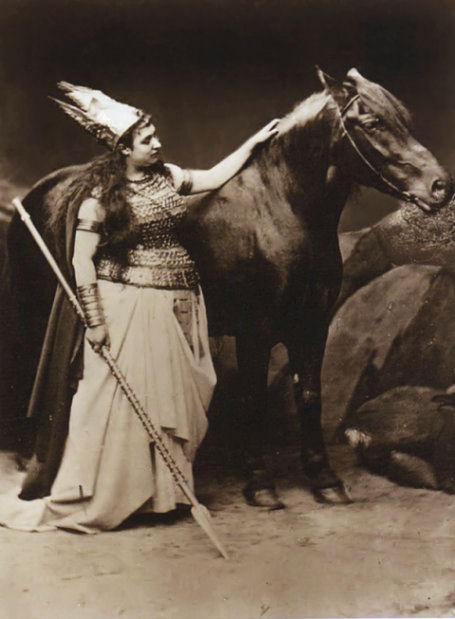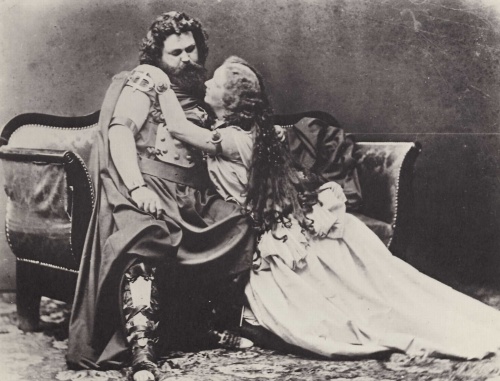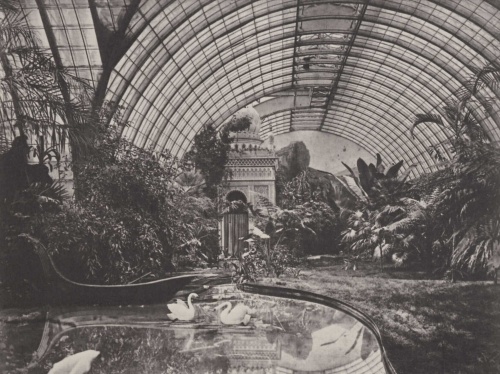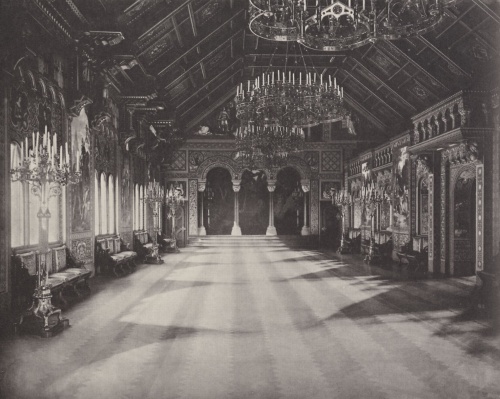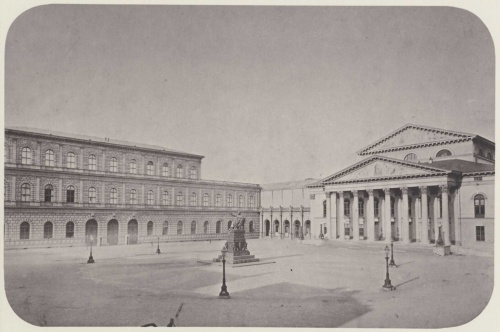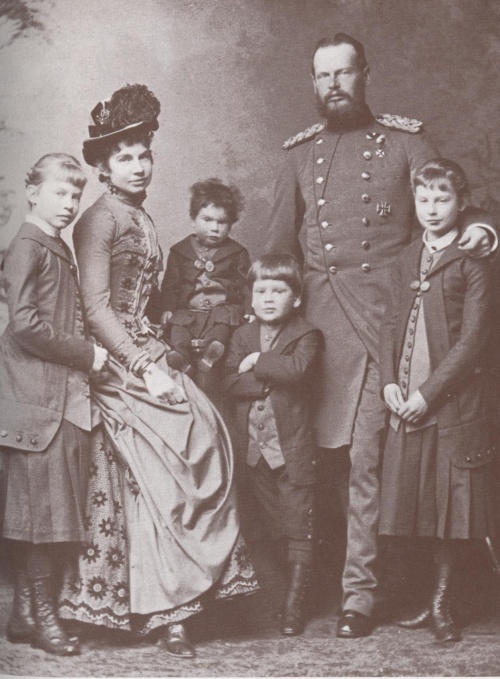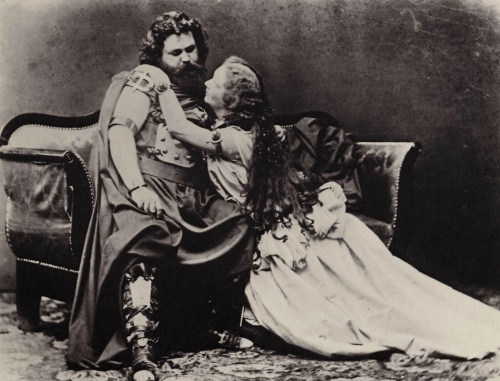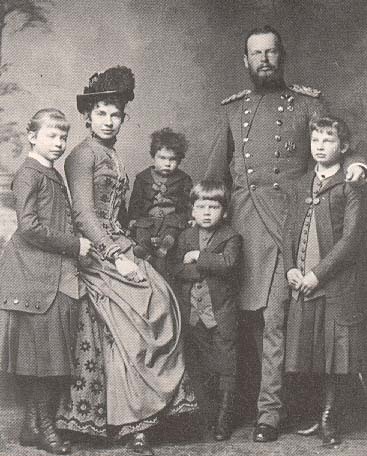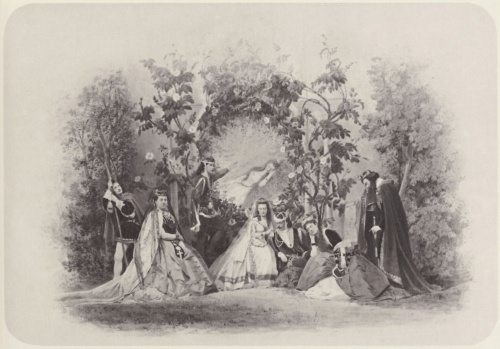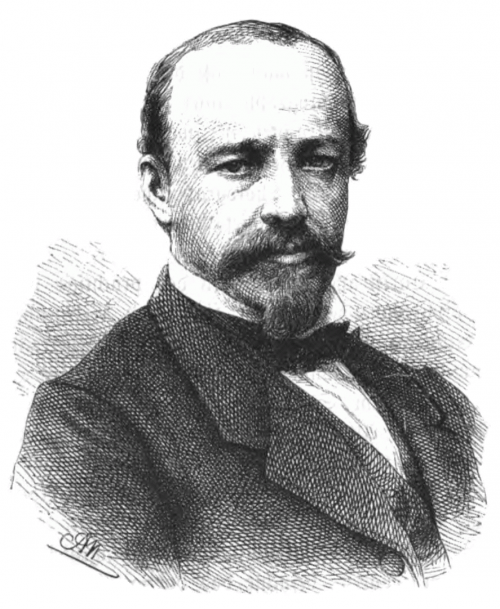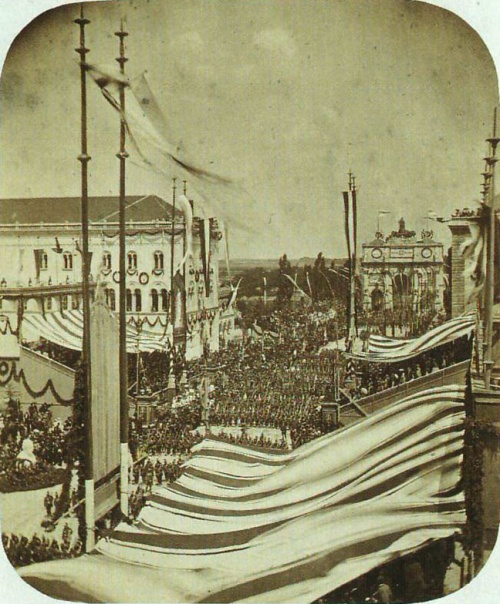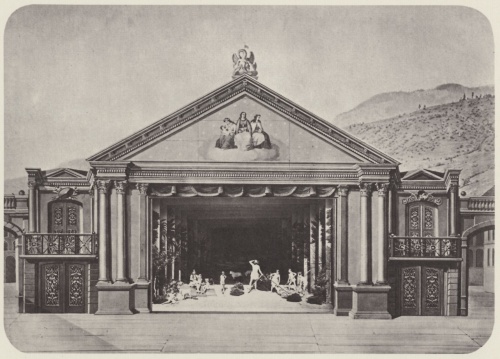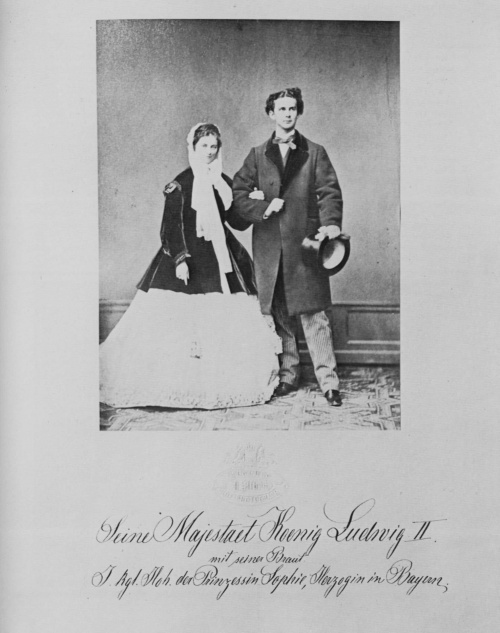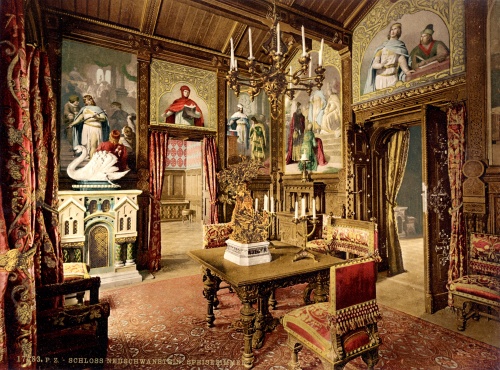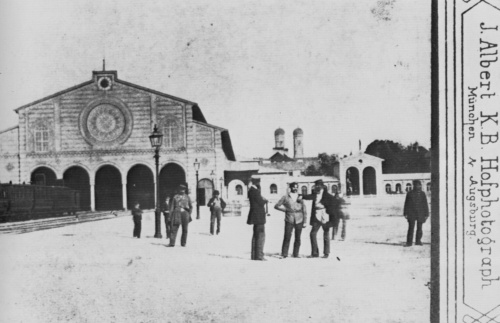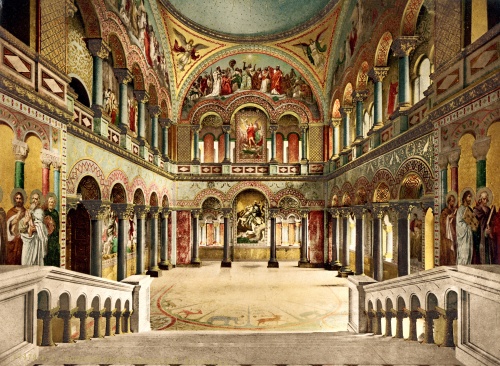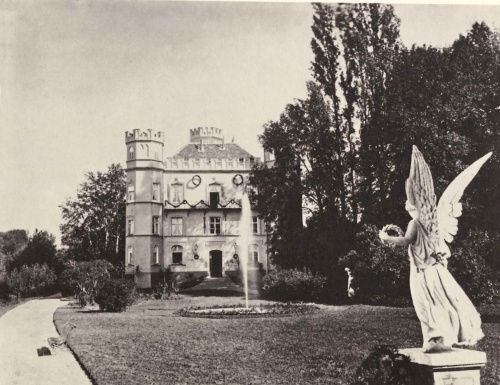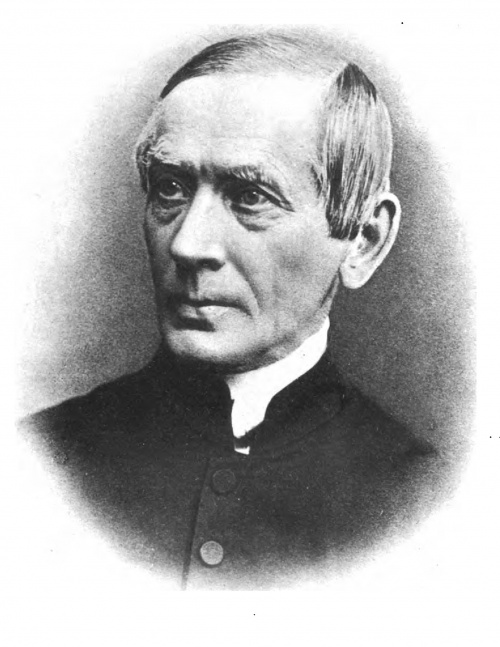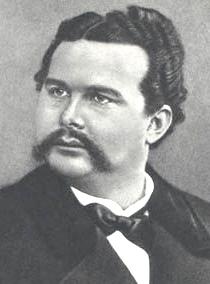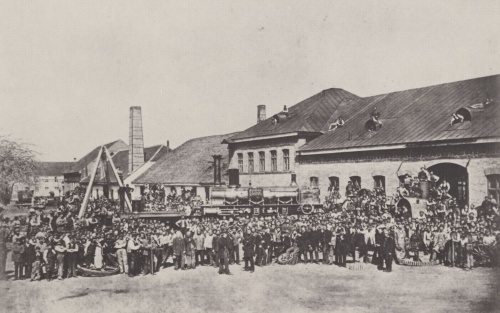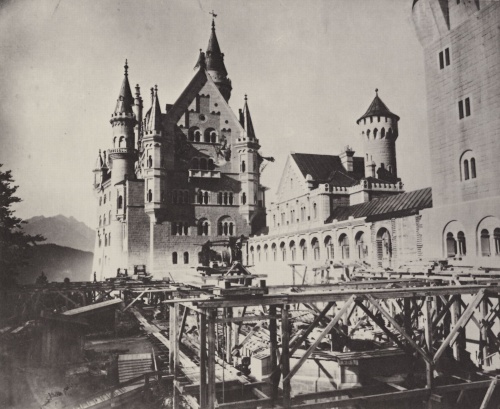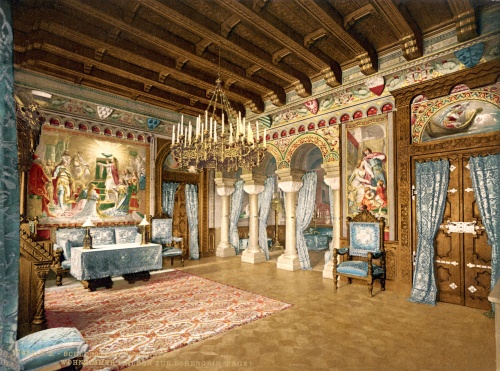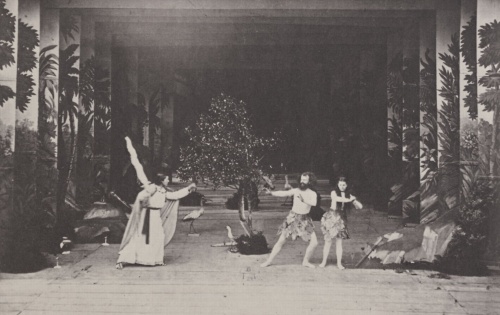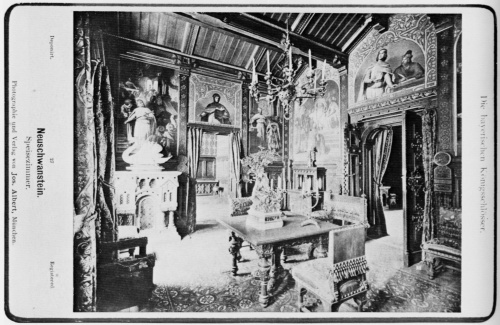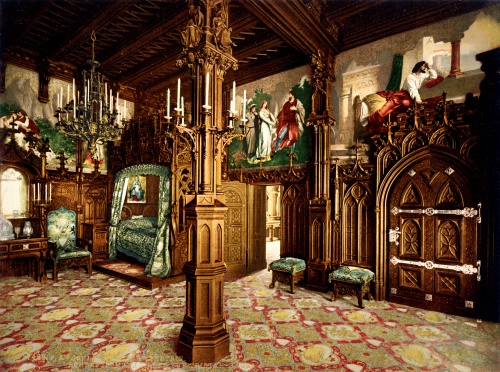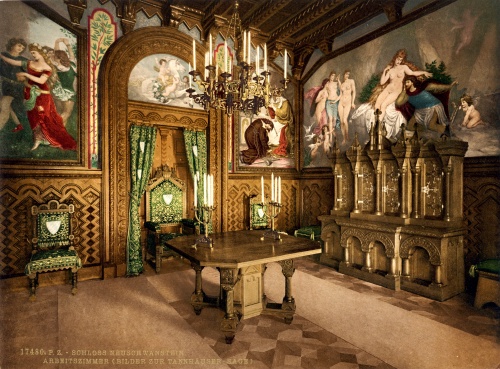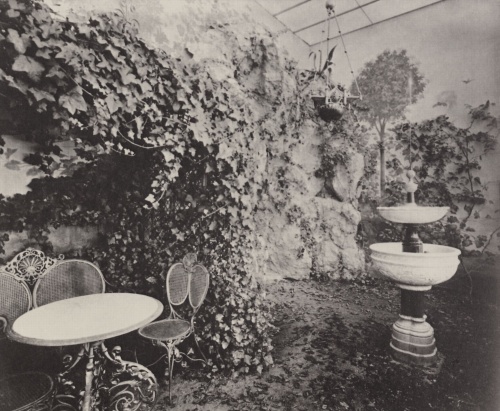Photographer Josef Albert | XIXe | Photographer Joseph Albert (177 works)
Joseph (Joseph) Albert (German Joseph Albert; March 5, 1825, Munich, Kingdom of Bavaria - May 5, 1886, Munich, Bavaria, German Empire) - German photographer.
He first studied construction art at the Munich Polytechnic School and the Academy, then devoted himself to photography and founded a photographic institution in Augsburg in 1840, and in 1858 he moved it to Munich.
Albert first gained fame for reproducing hand drawings and engravings on copper (for example, “Goethe’s Women” based on drawings by Kaulbach, “The Fable of the Seven Crows” by Schwind, illustrations for the anniversary edition of Schiller’s poems based on drawings by Piloty, Ramberg and others, “Hannibal’s March” Rethel, etc.). Then, already in Munich, Albert became one of the court photographers of King Ludwig of Bavaria.
In addition to other enterprises related to the reproduction of oil paintings, Albert’s special merit was the improvement of a new photographic operation, the so-called phototype, which in his honor is sometimes called albertypy or albertotype.
His son Eugen Albert (1856-1929) also became a photographer, one of the founders of the Photographic Union.
